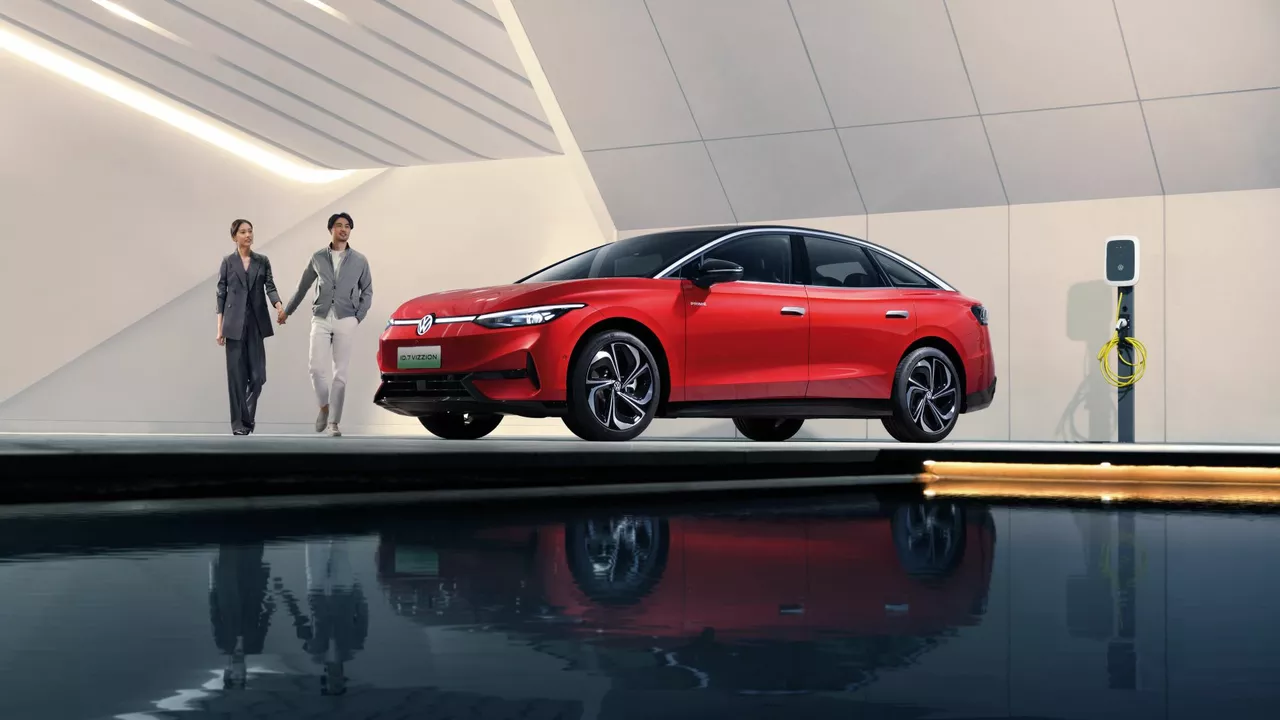Smart Car Ownership: What You Need to Know
Owning a car is a mix of excitement, responsibility, and a few headaches. Whether you’re buying your first ride or upgrading to something faster, the right knowledge saves cash and time. Below you’ll find real‑world tips that cut through the jargon and help you make confident decisions.
Test Drives That Actually Tell You Something
Most dealers will let you spin the wheels, but the experience varies. A good test drive lasts at least 20‑30 minutes and covers 10‑15 miles. That gives you enough road to feel acceleration, braking, and comfort. Bring a friend – a second set of ears can spot odd noises you might miss. And don’t be shy about asking if they run a credit check before the drive; many upscale showrooms do it to ensure you’re a serious buyer.
Picking Reliable Brands Without Guesswork
Reliability isn’t a mystery; data from owners and safety agencies point to a handful of consistent winners. Toyota tops the list for low‑maintenance issues, followed closely by Honda and Hyundai. If you crave performance, look for models that share the same engineering pedigree as those high‑end sports cars – many sport‑oriented trims inherit the parent brand’s reliability record.
When you compare value for money, focus on total cost of ownership, not just sticker price. A cheaper car can end up costing more in repairs, fuel, and insurance. Look up the average repair frequency for the model you like and factor that into your budget.
Financing a purchase? Some dealers will run a soft credit pull that doesn’t affect your score, while others use a hard inquiry. Ask upfront so you can plan. If you’re not ready for a loan, consider a short‑term lease – just be aware of mileage limits and wear‑and‑tear fees.
Insurance is another hidden cost. Sports cars, for example, often carry higher premiums. Get a few quotes before you sign any paperwork. A small shift in coverage can shave hundreds off your annual bill.
Never underestimate the power of a pre‑purchase inspection. Even if the dealer offers a “certified” badge, an independent mechanic can catch hidden issues like oil in the radiator or a leaking head gasket. Those problems can turn a dream car into a costly repair nightmare.
Finally, think about the long‑term plan. Will you keep the car for five years or trade it in sooner? Vehicles with strong resale value, like certain Toyota and Honda models, pay off when you eventually upgrade. Keep all service records; they boost buyer confidence and can increase your trade‑in price.
Owning a car isn’t just about the thrill of the drive. It’s about making smart choices at every step – from the first test drive to the day you hand over the keys. Use these practical tips, stay curious, and enjoy the ride with confidence.
How many car brands does volkswagen own?
As a car enthusiast, I've always been curious about how many car brands Volkswagen actually owns. After doing some research, I discovered that the Volkswagen Group currently owns a total of 12 car brands. These brands include Volkswagen, Audi, SEAT, ŠKODA, Bentley, Bugatti, Lamborghini, Porsche, Ducati, Volkswagen Commercial Vehicles, Scania, and MAN. It's fascinating to see how this automotive giant has expanded its portfolio over the years to cater to different markets and customer preferences. This just goes to show the impressive influence and reach the Volkswagen Group has within the global automotive industry.
